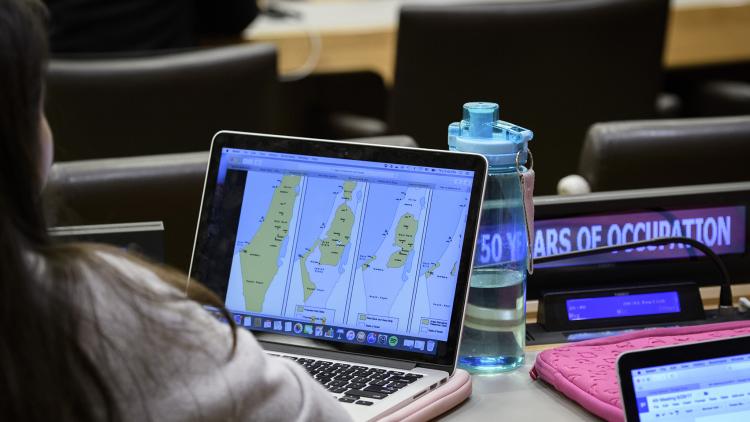The Syrian Conflict in the news: Coverage of the war and the crisis of US journalism

Key information
- Date
- Time
-
5:00 pm to 7:00 am
- Venue
- Main Building, SOAS
- Room
- RG01
About this event
The Syrian conflict constitutes one of the most covered events in this century. Although the coverage of the Syrian uprising and civil war alternated between periods of saturation and silence, it is indisputable that they received an enormous amount of media attention.
The Syrian Conflict in the News (Bloomsbury, 2024) analyses the coverage of the Syrian conflict in the New York Times, the Washington Post, and the Wall Street Journal, focusing on how the three newspapers framed six key events in Syria from March 2011 to April 2018, including the Ghouta chemical attack, the Russian intervention in Syria and US-led airstrikes. Gabriel Huland argues that US foreign policy dominates the frames of the conflict, which suggests that mainstream newspapers are excessively indexed to elite narratives.
In the United States, the Syrian crisis prompted an intense debate about the appropriate degree of US involvement in the civil war and how the country should behave in the face of growing Russian and Iranian influence in the Middle East. The overreliance on elite narratives resulted in the underrepresentation of local voices and other players who were in a more advantaged position to devise solutions to the conflict.
By analysing the frames of the Syrian uprising and civil war in three mainstream newspapers and the relationship between media and international conflicts, The Syrian Conflict in the News sheds light on crucial aspects of the crisis currently pervading US journalism.
This book launch is the second event in a new series on Political Communication and Media Practices in the Middle East and North Africa, founded and co-edited by Professor Dina Matar (SOAS) and Dr. Zahera Harb (City, University of London) and published by Bloomsbury Academic.
The book launch is free to attend and is open to all. Seating is on a first-come, first-served basis.
About the speaker
Gabriel Huland is Lecturer in Politics and International Relations at the University of Bath, UK. His published articles have appeared in the Journal of Palestine Studies and the Journal of Communication and Media Studies. He holds a PhD from SOAS, UK, and prior to academia he was a practicing journalist.
Chair
- Dina Matar (Director, Centre for Global Media and Communication, SOAS)


